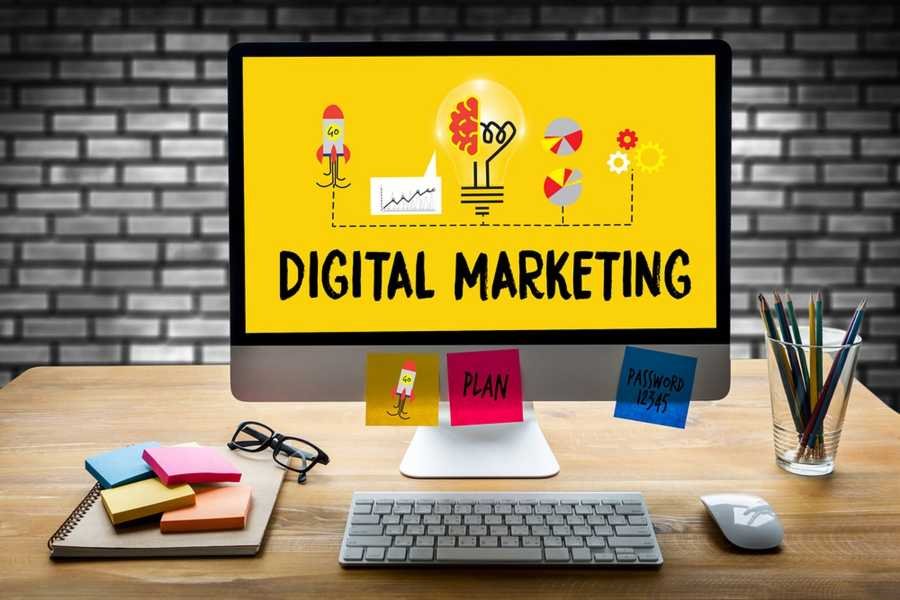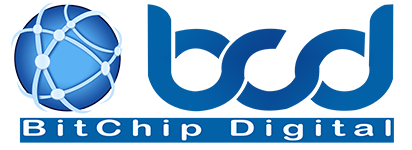
Marketing has never stood still. From the days of word-of-mouth trade to the dazzling algorithms of today, it is a field that thrives on change. Yet, its evolution is not just about strategies and platforms—it is also about knowledge. How marketers learn, adapt, and master their craft has undergone a transformation as profound as marketing itself.
The Early Days: When Print Was King
There was a time when marketing wisdom was locked in thick textbooks and glossy magazines. Before the internet, aspiring marketers had limited options: academic textbooks, business bestsellers, and industry journals. Philip Kotler’s Marketing Management (first published in 1967) became a bible for marketers, setting a foundation for decades. Books like Positioning: The Battle for Your Mind by Al Ries and Jack Trout shaped branding strategies long before “brand awareness” became a digital buzzword.
Print had its power. It gave credibility. It demanded deep thought. But it had a fatal flaw: speed. The marketing landscape moves fast—what worked yesterday might be obsolete tomorrow. By the time a book was printed, trends had often shifted, leaving marketers scrambling to adapt.
Enter the Internet: The Shift to Digital
The internet changed everything. Blogs, white papers, and online forums emerged, offering marketing professionals instant access to fresh insights. Suddenly, information flowed freely, unchained from publishing cycles. Digital marketing was born, and with it, a new way of learning.
Search engine optimization (SEO), pay-per-click (PPC) advertising, and social media strategies evolved at breakneck speed. Marketers could no longer rely solely on books that took months—or years—to be published. Instead, online articles, case studies, and downloadable PDFs became the go-to resources.
And yet, traditional books did not disappear. They adapted and often moved into the realm of online novels. Yes, there are educational literature, but you can also read novels online and benefit professionally from a variety of approaches and ideas. As well as reading various novels, like the luna novel short story, all this has become available on your smartphone. There is always access to hundreds, even thousands of iOS novels.
The Rise of E-Books: A New Frontier
Enter e-books—the perfect hybrid. They retained the depth of traditional books but embraced the agility of digital content. According to Statista, e-book revenue in the U.S. alone reached $1.1 billion in 2023, proving that digital books were not just a passing trend.
For marketing literature, e-books were revolutionary. Firstly, anyone can read free novels online, which is something a bookstore cannot offer. Secondly, the choice of free novels online is always huge. At least if you have the FictionMe app apk, you will always have access to novels in any genre. The digital platform is updated faster, so you can access new books, get tips from AI or other platform participants.
Brands caught on. Instead of publishing lengthy white papers, companies began offering free e-books as lead magnets—valuable content in exchange for an email address. HubSpot, for instance, built an entire ecosystem around downloadable marketing guides, positioning itself as a thought leader while simultaneously growing its customer base.
Data-Driven Learning: The Analytics Edge
But digital marketing literature did not just change in format. It changed in function. Unlike print, where publishers had no idea how many readers truly engaged with their content, digital books and articles came with analytics.
Marketers could now track:
- How long readers spent on a particular section
- Which topics attracted the most engagement
- Where readers dropped off
This data-driven approach reshaped content strategy. Publishers and authors began tailoring content to meet demand, producing literature that was not just informative but also optimized for engagement.
The Future: AI, Personalization, and Beyond
So, where does marketing literature go from here? If history has taught us anything, it is that evolution never stops.
Artificial intelligence is already reshaping content creation. AI-generated reports, chatbot-assisted learning, and even personalized e-books—tailored to an individual reader’s needs—are emerging. Imagine downloading an e-book on social media marketing where each chapter is dynamically adjusted based on your business size, industry, and experience level.
And let us not forget audio. Audiobooks and podcasts have skyrocketed in popularity, with the global audiobook market projected to grow at a compound annual rate of 24.4% between 2021 and 2028. Marketing professionals, constantly on the move, now consume insights while driving, jogging, or multitasking.
Conclusion
Marketing literature has evolved alongside the industry it serves. From static print to dynamic e-books, from slow publishing cycles to real-time insights, the way marketers learn has transformed dramatically. But one thing remains constant: knowledge is power. And in a world where digital marketing changes overnight, staying informed is not just an advantage—it is a necessity.
Books, blogs, e-books, audiobooks—whatever the format, the key is adaptation. The next great marketing strategy could be hidden in a PDF, buried in an e-book, or spoken in a podcast. The only question is: will you be ready to find it?
